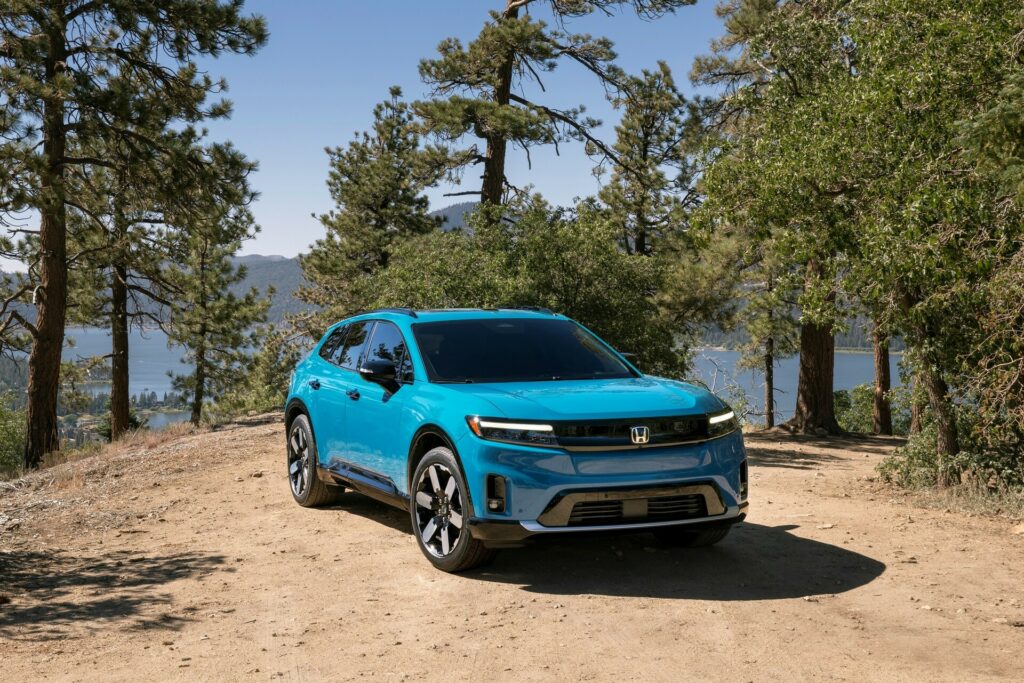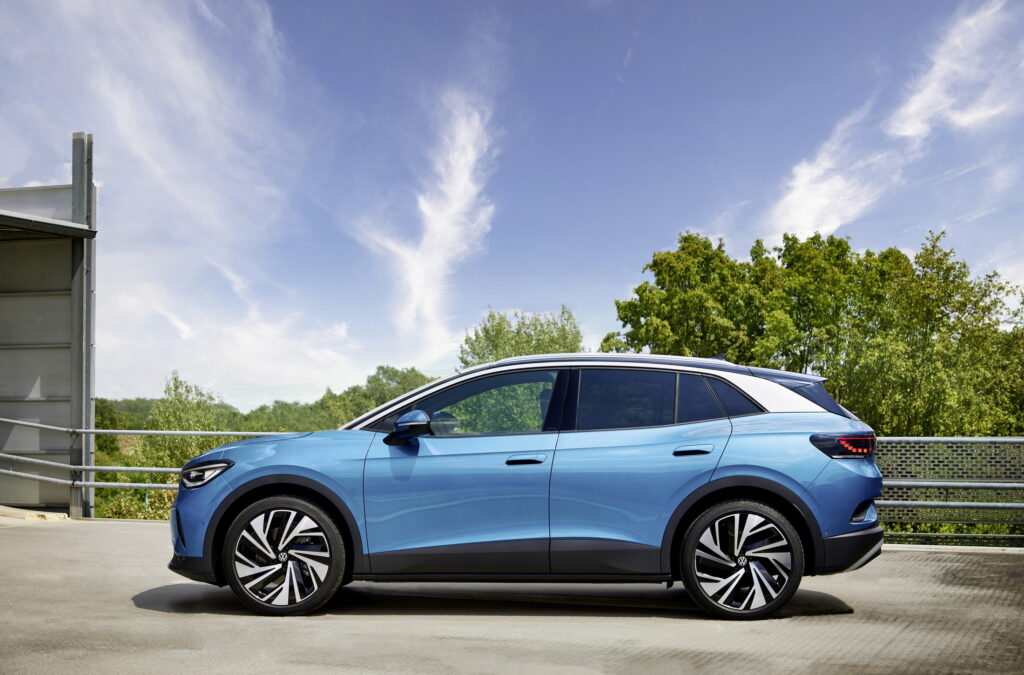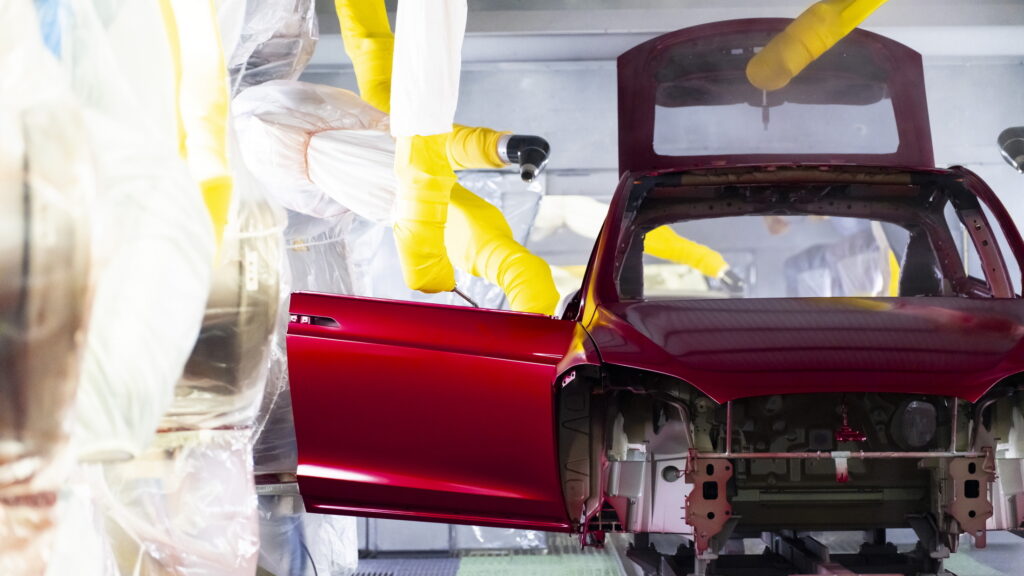Experts worry that the demand for EVs is out of sync with the amount of investment poured in by automakers. While sales of battery-electric vehicles are steadily increasing, the billions of dollars that have been pumped in by virtually every major manufacturer may not yield the expected return.
High interest rates have been seen as a concern by everyone from industry analysts to Tesla CEO Elon Musk. “I am worried about the high interest rate environment that we’re in,” said Musk, on an earnings call. “As I just can’t emphasize this enough that the vast majority of people buying a car is about the monthly payment. If interest rates remain high or if they go even higher, it’s that much harder for people to buy the car.”
Tesla has announced that it is slowing down plans for a Mexican factory, with Musk sighting the current financial climate as a reason. Meanwhile, Honda and General Motors have scrapped a $5 billion joint development that centered around creating affordable electric SUVs.
Related: VW Group’s BEV Sales Soar But Its Order Bank Is Shrinking

In a similar move, Ford recently announced that production of the F-150 Lightning would be slowed down temporarily. The Blue Oval had been churning out examples of the EV truck with three shifts, but following an announcement in July that it would be redirecting investment into its commercial and hybrid vehicles, the F-150 Lightning will only be made in two shifts.
Waning demand from automakers has seen the prices of raw materials used in the manufacture of EVs drop sharply. According to a report from Reuters, prices of lithium have tumbled by 67 percent, while cobalt has fallen 20 percent in 2023, and halving since May 2022.
It’s not just U.S. manufacturers feeling the pinch. China, which has seen immense demand from Europe for its budget-friendly EVs, isn’t faring the same at home. Chinese battery maker CATL said that its third quarter was its weakest of the year so far, citing a drop-off in demand and increased competition. Meanwhile, in Europe, Volkswagen cut its profit margin outlook. It too blamed hedges made in raw materials, which have since seen prices drop.
Alarm bells may be ringing within the industry, but consumers continue to warm up to EVs as sales figures gradually increase. In the third quarter of 2023, U.S. electric vehicle deliveries topped 300,000 for the first time ever. EV sales also increased in the EU by 14.3 percent, and 22 percent in China.
So, will the rapid investment in EVs play out in the long term, or has it been too much too soon? Watch this space, and let us know your take in the comments below.





